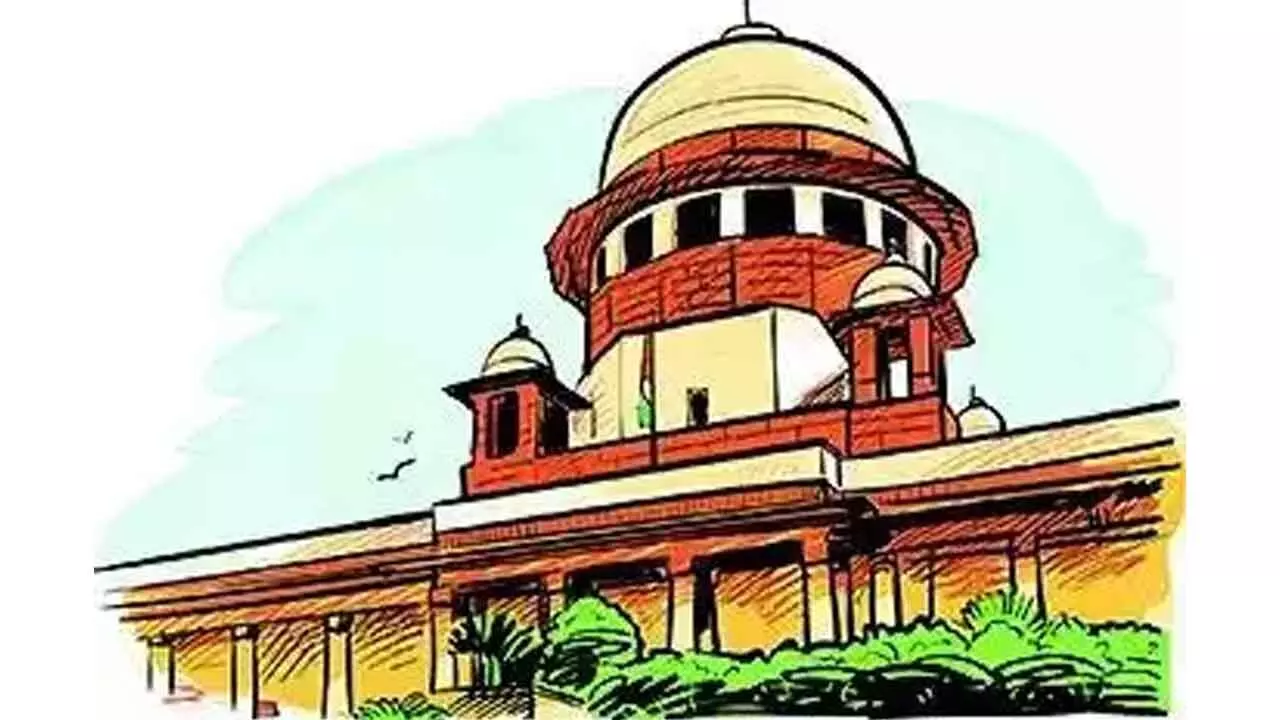Mining royalty: States should not kill the goose that lays golden egg
Mining royalty: States should not kill the goose that lays golden egg

The Supreme Court’s decision to allow states to levy tax and royalty on minerals from April 1, 2005, has evoked mixed reactions, which is not surprising. While mineral-rich states are rejoicing, the mining industry is worried about the impact of the verdict. The Central government is also unhappy with the apex court’s ruling which has practically validated retrospective taxation. The path ahead, however, is treacherous not just for the industry but also states.
A nine-judge Constitution bench, led by Chief Justice DY Chandrachud, heard the pleas by, among others, the Central government. The Centre wanted to know whether the court’s July 25 verdict upholding the power of states to levy tax on mineral rights and mineral-bearing land will have retrospective or prospective effect. While the apex court favored states’ right to do that, it staggered the payment in installments for 12 years commencing from April 1, 2026. It also directed the states not to impose any penalties.
Unsurprisingly, the Federation of Indian Mineral Industries (FIMI) has expressed its dismay over the SC verdict. FIMI additional secretary general BK Bhatia told the media that the August 14 order will further strain the mining sector, particularly in states like Odisha and Jharkhand, where the arrears could amount to Rs 1.5-2 lakh crore.
Worse, he said, it is likely to have a cascading price effect on not just the mining industry but the entire supply chain, leading to a significant rise in the prices of end products. Mayur Karmarkar, Managing Director of the International Copper Association India, echoed similar views.
Both industry representatives have made valid points. Besides, there is also the issue of retrospective taxation—something that caused immense damage to the economy by dampening investor interest in the country. The United Progressive Alliance government had ushered in retrospective taxation in 2012 to invalidate the SC decision in the Vodafone case which had gone against the government.
What the parties involved do in the future will be more important. Mining companies can double down on their advocacy efforts to bring down tax incidence. The Central government can make a virtue out of necessity by indulging in a kind of atonement for its past policy sin—that of ‘freight equalization policy.’
As with all other socialist measures, its intentions were noble. It aimed at equalizing the prices of minerals across the country for four decades (till 1992-93). The policy may have helped other states, but it seriously undermined economic development in mineral-rich eastern states, for they lost their competitive edge. The result was a tragic irony: rich states with poor people.
In May, Finance Minister Nirmala Sitharaman did say that in a televised press briefing. The freight equalization policy had disastrous effects on the states of eastern India as the policy weakened incentives to set up industries close to mining regions, she said, adding that this also led to people moving out in search of employment. The SC verdict may help states to undo some damage caused by the freight equalization policy.
The mineral-rich states, on their part, should show prudence and judiciousness in imposing any retrospective levies. In their enthusiasm to maximize revenues, they should not kill the goose that lays the golden egg. In this age of competitive populism, this may not be easy, but tough choices need to be made for sustainable development.

